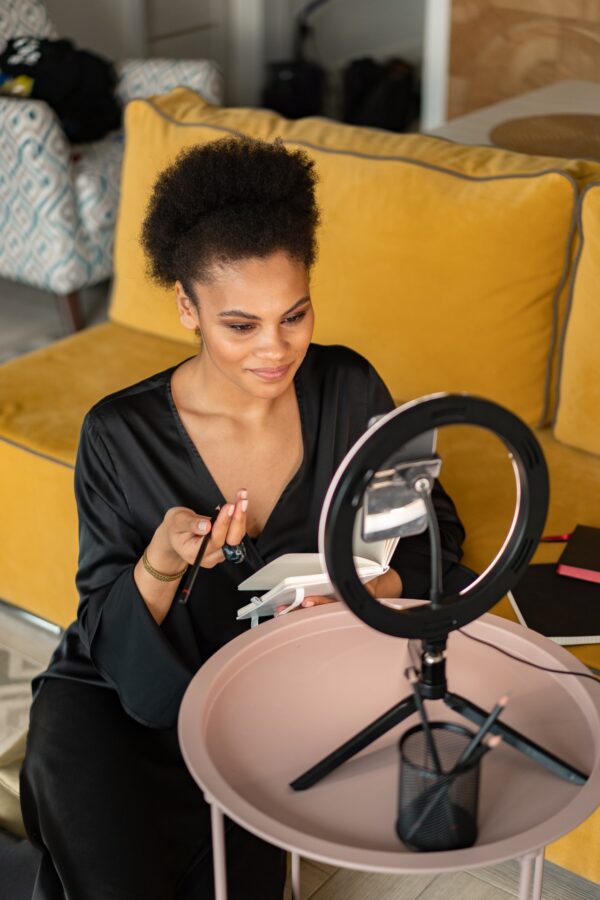Black content creators are often not properly credited with establishing trends on social media platforms. However, Instagram data analyst Alexis Michelle Adjei and engineer Cameryn Boyd have created a solution to the problem.

Adjei and Boyd have spearheaded the development and launch of a distinct tag for business accounts and influencers to use, making sure they are able to receive credit for content they have created. This initiative comes on the heels of several Black content creators not being credited for starting trends or not profiting from them once the trends go viral.
“Black creators and addressing that inequity in the creator ecosystem” was at the forefront of Adjei’s mind when she began developing this new feature, she told NBC News.
Black content creators are often responsible for establishing trends on social media platforms such as TikTok and Instagram. Yet, Black creators are not benefiting from challenges and dances that they have originated at the same rate as white and other non-Black content creators.
During the summer of 2021, Black content creators on TikTok launched a strike to heighten awareness of how cultural appropriation and content is replicated by white influencers with no attribution to the original choreographers.
And on YouTube, a group of Black creators charged the platform with discrimination over what they say was their content being removed without warning or explanation. Working together, these influencers have launched a discrimination suit in a Northern California federal court.
And that’s not all.
A recent study, “Time to Face the Influencer Pay Gap” published by the public relations firm MSL U.S. in partnership with The Influencer League found a 35 earnings difference between white and Black influencers, while the pay gap between other minority groups and white influencers was 29 percent. In addition, the study also found that 77 percent of Black content creators were falling in the nano or micro-influencer categories and making on average $27,000–even if they had more than 100,000 followers. In comparison, white influencers were making upwards of $100,000.
“We want to ensure that as Black creators’ content is being distributed as it already is, they are getting the proper attribution so that they have the opportunity to get all of those growth and monetization and career-starting opportunities like their contemporaries are,” Boyd told NBC News. “It’s really critical, as we’re moving towards this new age where creators are so important and creators are really able to use their craft to support themselves in their lives, that Black creators are getting the same opportunity, as they’re already creating the content.”
The attribution tag will not impact Instagram’s algorithm. However, the reach of content creators using the tag should grow authentically since the algorithm takes into consideration the type of content users have viewed and shared.
“Now, you can just have this enhanced tag and the idea there was because we know that Black creators’ content was already going viral and was being shared,” Boyd told NBC News. “The hope is that they will now get the credit and that piece of content where their contribution can be traced back to their accounts so that people have the opportunity to follow them and they can grow their influence.”




